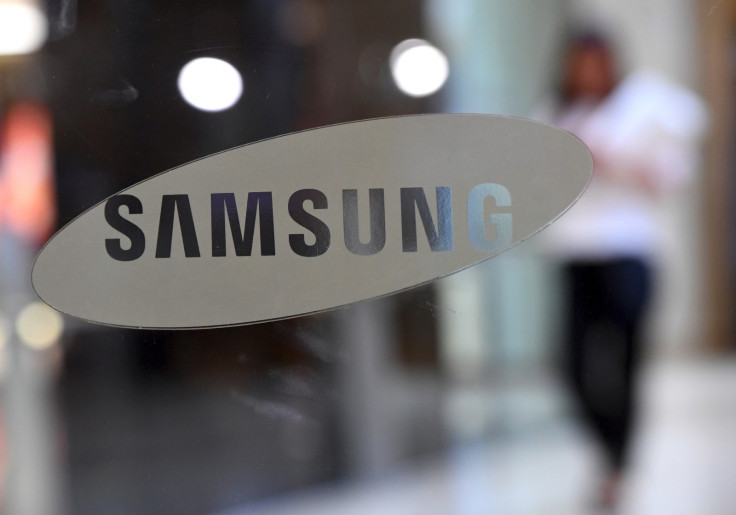Samsung Galaxy S11 camera may have Laser Autofocus and PDAF together
The S11's camera will have to compete with the iPhone's and Pixel's night mode capabilities.
The smartphone industry works in a circular way. It innovates on one smartphone feature, then another and in this way comes back to innovating the original feature again. Now, that edge-to-edge displays and even foldable displays are becoming increasingly common – some smartphone makers are trying to make their cameras the differentiated feature.
Samsung is one such manufacturer. It is rumoured to be bringing back the focus on device cameras after an year that was focussed primarily on smartphone displays. The company's new camera is expected to have not just multiple lenses but also multiple autofocus techniques. The upcoming device is expected to have both laser autofocus and phase detection autofocus.
While camera features seem to be calculated in terms of megapixels generally, autofocus is just as important. If you can't focus on a subject clearly, all those megapixels go to waste. More importantly, good autofocus allows a user to take multiple kinds of shots – moving, static and different light exposures among other things.
Phase Detection Autofocus is a technology that takes multiple shots to determine the placement of an object.
However, the recently leaked renders of the Galaxy S11 also belie the fact that it could support laser autofocus. In this setup, a sensor is placed at the bottom of the camera module. It bursts a laser beam at the object one points the camera at and calculates the distance between the phone and the object. This makes the phone focus very fast on objects.
The render shows that the feature may be available on both the Samsung Galaxy S11 and S11e.
Laser Autofocus was first used by LG in its G-series devices, but because it was limited in its projection, it was later dropped by the company.
A combination of the two may be the best of both worlds and allow for both fast and stable focus.
We are still far away from the launch, which is expected to take place sometime in the first half of the next year.

© Copyright IBTimes 2025. All rights reserved.





















